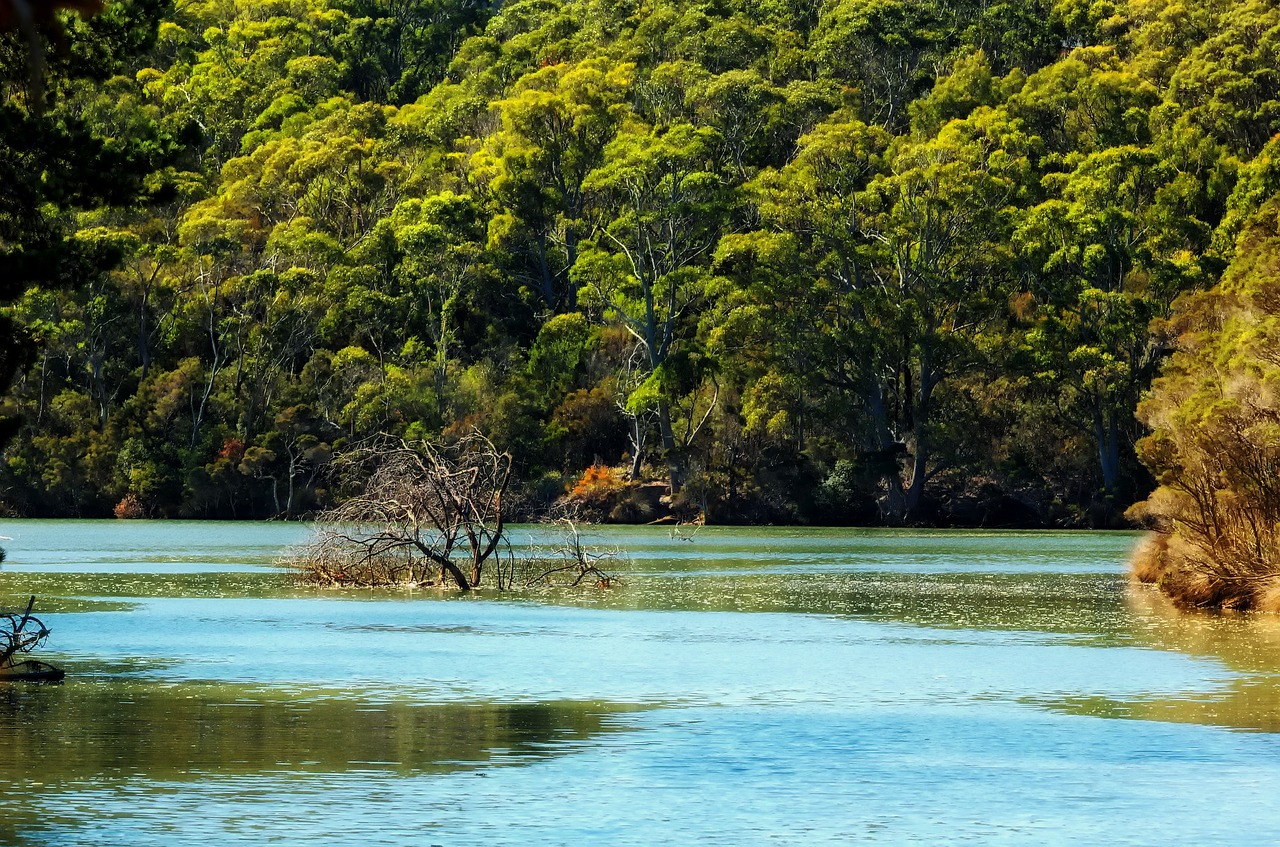Travelling to Iceland in winter can be an incredible experience, however, the weather conditions can be harsh and unpredictable. From icy roads to freezing temperatures, it is important to take steps to ensure your safety and wellbeing. Here are five tips for staying well while travelling to Iceland in winter. Read on to find out how to stay safe and healthy during your winter holiday in Iceland.

Get travel insurance
When travelling to Iceland in winter, it’s essential to get the right travel insurance. This is especially true if you’re planning to explore more remote areas, as they often lack medical facilities and infrastructure. Before you start your trip, make sure to do your research and find a policy that meets your needs.
Some of the things to consider when looking for travel insurance for your trip to Iceland include: coverage for medical expenses and evacuation, trip cancellation or interruption, lost or stolen items, liability protection, and 24-hour emergency assistance.
Check the weather and dress appropriately
If you’re planning a trip to Iceland in the winter, it’s important to keep the weather and temperature in mind. Reykjavik, Iceland’s capital, is typically the coldest city in the country during the winter months, with temperatures sometimes reaching as low as -15°C. To stay comfortable and warm while exploring the city and surrounding area, you’ll need to make sure you’re properly prepared.
Layering is key when it comes to dressing for winter in Iceland. Make sure to pack plenty of thick sweaters and jackets, as well as thermal underwear and other base layers. You should also wear a good pair of boots that are waterproof and provide good insulation.
Pack essential items
If you’re planning to visit Iceland during the winter months, it’s important to be prepared. To make sure that your trip is safe and enjoyable, here are some essential items you should pack:
- Warm Clothes
- Flashlight
- Sunscreen
- Medications
- First Aid Kit
Stay hydrated and eat regularly
When travelling to Iceland in winter, it’s important to keep your wellbeing top of mind. Staying hydrated and eating regularly will help you stay energised, prevent exhaustion, and make sure you’re ready to enjoy the amazing sights that Iceland has to offer.
Staying hydrated is especially important in cold weather, when you can easily become dehydrated without realising it. Bring a reusable water bottle with you and refill it often. If you’re not a fan of plain water, bring along herbal tea bags or other drinks to add flavour.
Be aware of your surroundings
Travelling to Iceland in winter can be a unique and beautiful experience, but it’s important to be aware of your surroundings. Iceland has long dark nights, treacherous ice and snow covered roads, and wildlife that you may not be used to encountering. With the right precautions, you can make sure your winter trip is a safe and enjoyable one. First, make sure you have the proper clothing for the weather. The temperature can range from -10°C to 0°C, so you should dress in layers and wear waterproof items such as snow pants, insulated coats and boots. You should also bring a hat, scarf and gloves to keep yourself warm.
